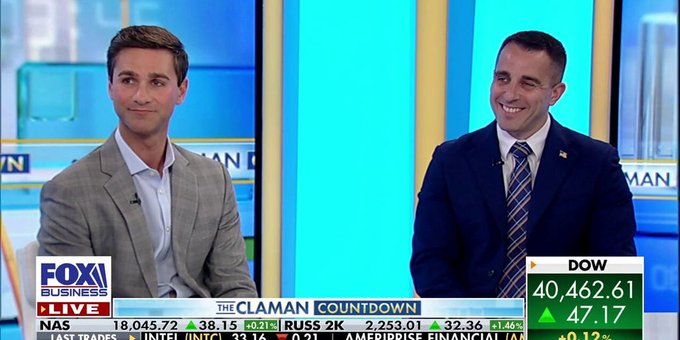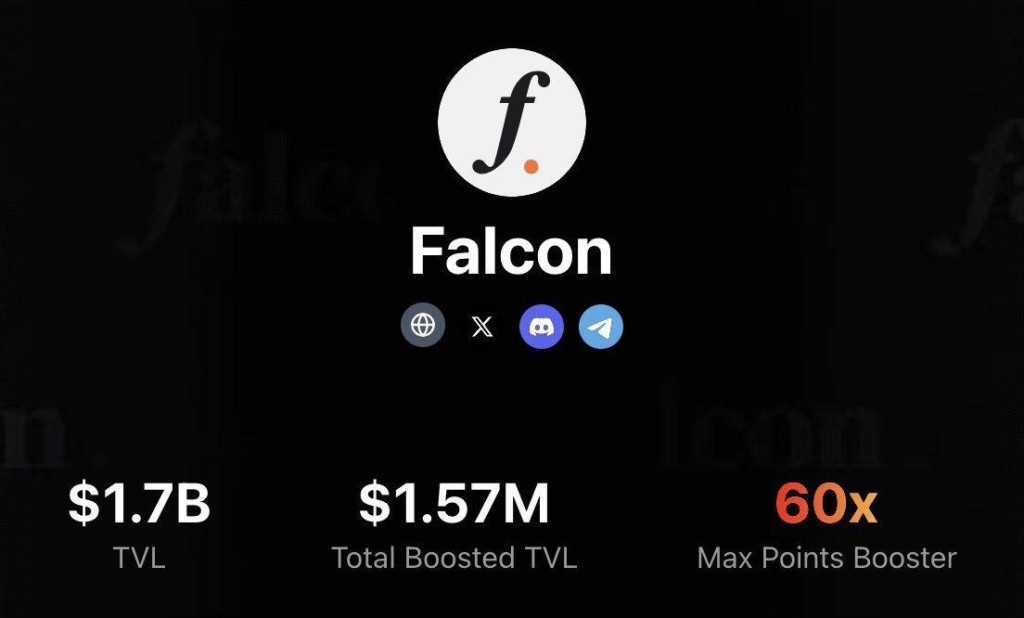The approval of Ethereum Exchange-Traded Funds (ETFs) by the SEC has generated enthusiasm within the cryptocurrency sector. Anthony Pompliano, the CEO of Professional Capital Management, anticipates that while Ethereum ETFs may not generate as much excitement as Bitcoin ETFs, they will contribute to the wider adoption of cryptocurrencies.
Pompliano credited the strong performance of Bitcoin ETFs to the significant amount of money flowing into them, as evidenced by BlackRock’s Bitcoin ETF receiving roughly $500 million in inflows recently.
Nevertheless, he had skepticism over the potential viability of Ethereum ETFs, attributing it to the comparatively lower levels of media coverage and public excitement in comparison to Bitcoin ETFs.
However, Pompliano recognized the potential for diversification provided by Ethereum-based investment products, like Bitwise’s ETH products. These products may appeal to investors who are interested in more than just one cryptocurrency-based ETF.
In addition, he emphasized the wider ramifications of approving Ethereum ETFs, asserting that their introduction will ultimately result in all alternative cryptocurrencies being traded on Wall Street. However, this shift will necessitate further time and regulatory certainty.
Ethereum ETFs have the potential to facilitate broader acceptance of crypto, as investors employing a portfolio strategy will extend this technique to encompass the entire crypto market rather than solely focusing on Bitcoin. This has the potential to stimulate greater interest and investment in diverse cryptocurrencies, thereby bolstering the overall expansion of the crypto industry.
Nevertheless, Pompliano advised against having excessively optimistic expectations, as ETF members will not have access to Ethereum staking, which creates a stream of income, thereby reducing the attractiveness of these products.
Notwithstanding these constraints, Pompliano is confident that Ethereum ETFs will exhibit strong performance and facilitate the incorporation of cryptocurrencies into conventional financial markets.



